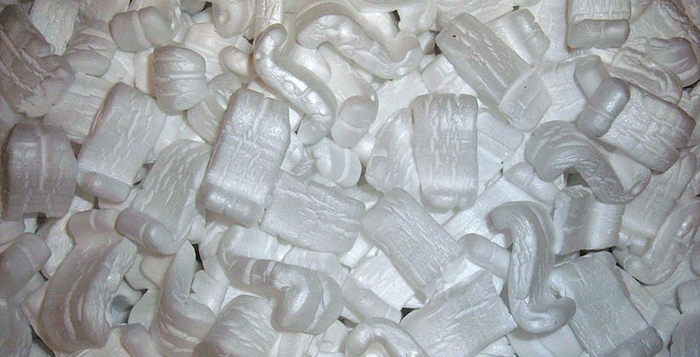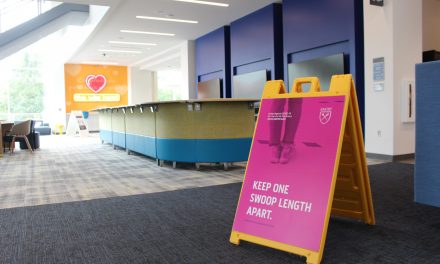Next year, Emory will no longer have Styrofoam products available for purchase on campus as an extension of Emory’s sustainability initiatives.
Emory’s Procurement Office worked alongside the Office of Sustainability Initiatives to make this switch, according to the Senior Director of Procurement and Contract Administration Loette King. According to the Environmental Protection Agency, Styrofoam is not biodegradable and can exist in a landfill as much as 500 years after its production.
According to Ciannat Howett, director of Sustainability Initiatives at Emory, Styrofoam products have been removed from Staples Advantage, Emory’s office supply procurement website.
Additionally, Emory has stopped ordering Styrofoam products from the coffee and tea vendors that supply products in the office break room areas at Emory.
The above two suppliers, Staples Advantage and Emory’s coffee and tea vendors, were very responsive to Emory’s requests, King said. She added that they implemented the requirements in a timely manner.
This initiative is an extension of the removal of Styrofoam from dining areas on campus several years ago, according to Howett, who added that Emory Catering also moved to using only compostable ware for catering functions a few years ago.
In order to spread this initiative to all areas of campus, Howett said Emory is working with outside caterers to not include Styrofoam in anything that they bring to our campus.
Styrofoam is one of Emory’s only waste that cannot be recycled or composted on campus, according to Sustainability Programs Coordinator Emily Cumbie-Drake.
She added that this initiative is a step towards reaching Emory’s goal of 65 percent landfill diversion by 2015.
“I hope that our recent initiatives will discourage students, faculty and staff from bringing Styrofoam from off-campus locations to Emory,” Cumbie-Drake said.
– By Naomi Maisel
The Emory Wheel was founded in 1919 and is currently the only independent, student-run newspaper of Emory University. The Wheel publishes weekly on Wednesdays during the academic year, except during University holidays and scheduled publication intermissions.
The Wheel is financially and editorially independent from the University. All of its content is generated by the Wheel’s more than 100 student staff members and contributing writers, and its printing costs are covered by profits from self-generated advertising sales.





